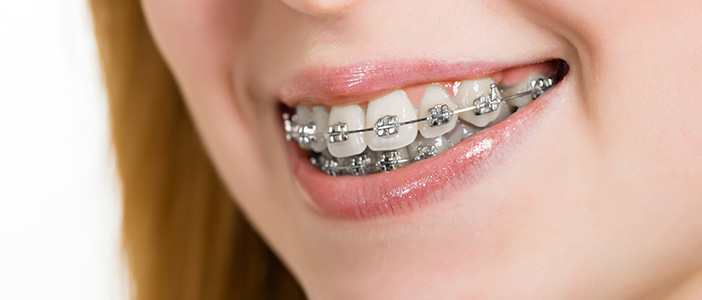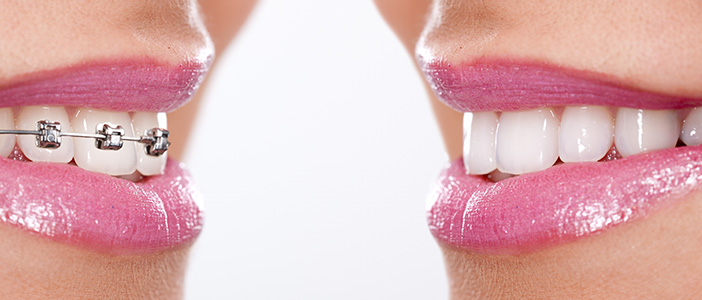Article Featured on KidsHealth
Show your Oregon pride with our new Oregon Ducks Braces! Call Biermann Orthodontics today for a free consultation!
Some kids can’t wait to get their braces, seeing them as a sign that their teen years can’t be far behind. Others, though, worry about what they’ll feel or look like.
However your child feels, you probably have some questions and concerns of your own about braces. Here’s the lowdown on kids and braces.
Why Kids Need Braces
Kids can need braces for any number of reasons, including crooked, overlapping, or overcrowded teeth, or a “bad bite” (known as malocclusion). Malocclusion is when there’s a difference in the sizes of the top and bottom jaws. When the upper jaw is bigger than the lower jaw, it’s called an overbite. When the lower jaw is bigger, it’s called an underbite.
Sometimes tooth and jaw problems can be caused by tooth decay, losing baby teeth too soon, accidents, or habits like thumb sucking. But often they’re inherited, so if you or someone in your family needed braces, it’s likely that your kids will, too.
Read more










